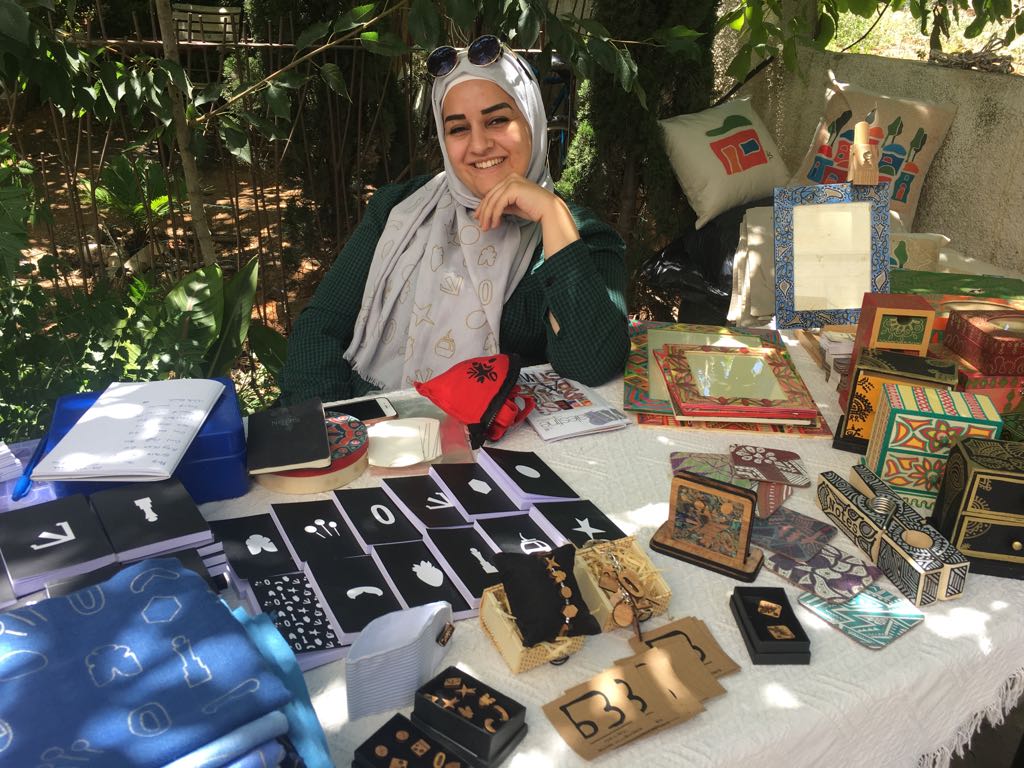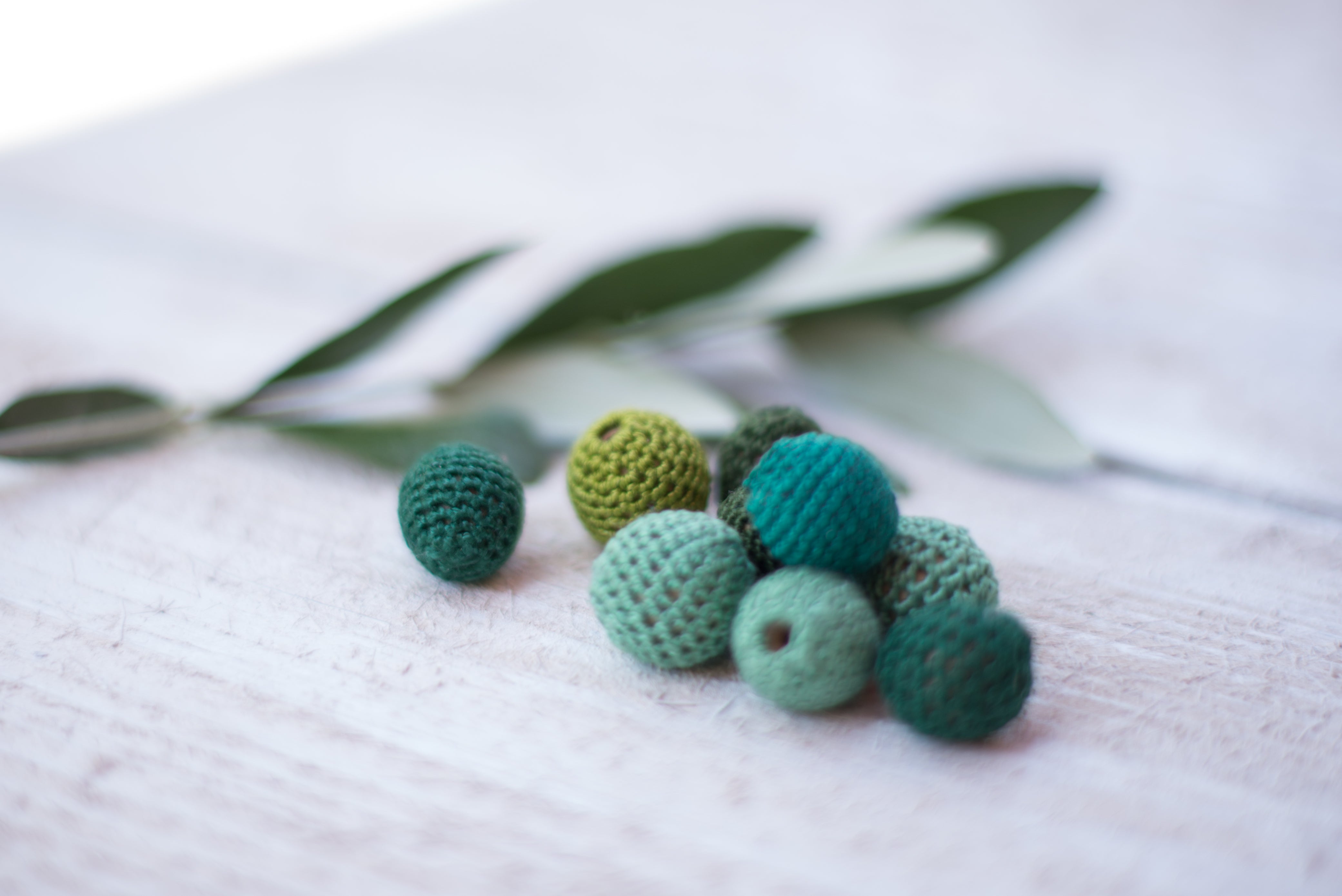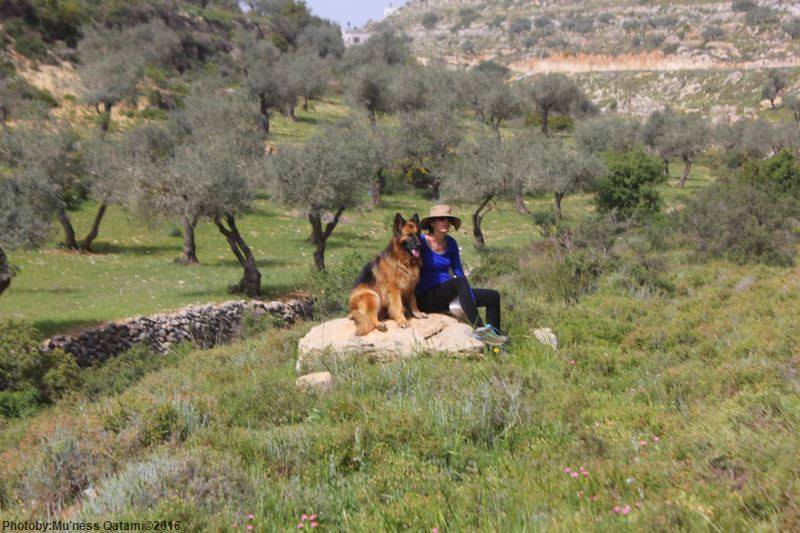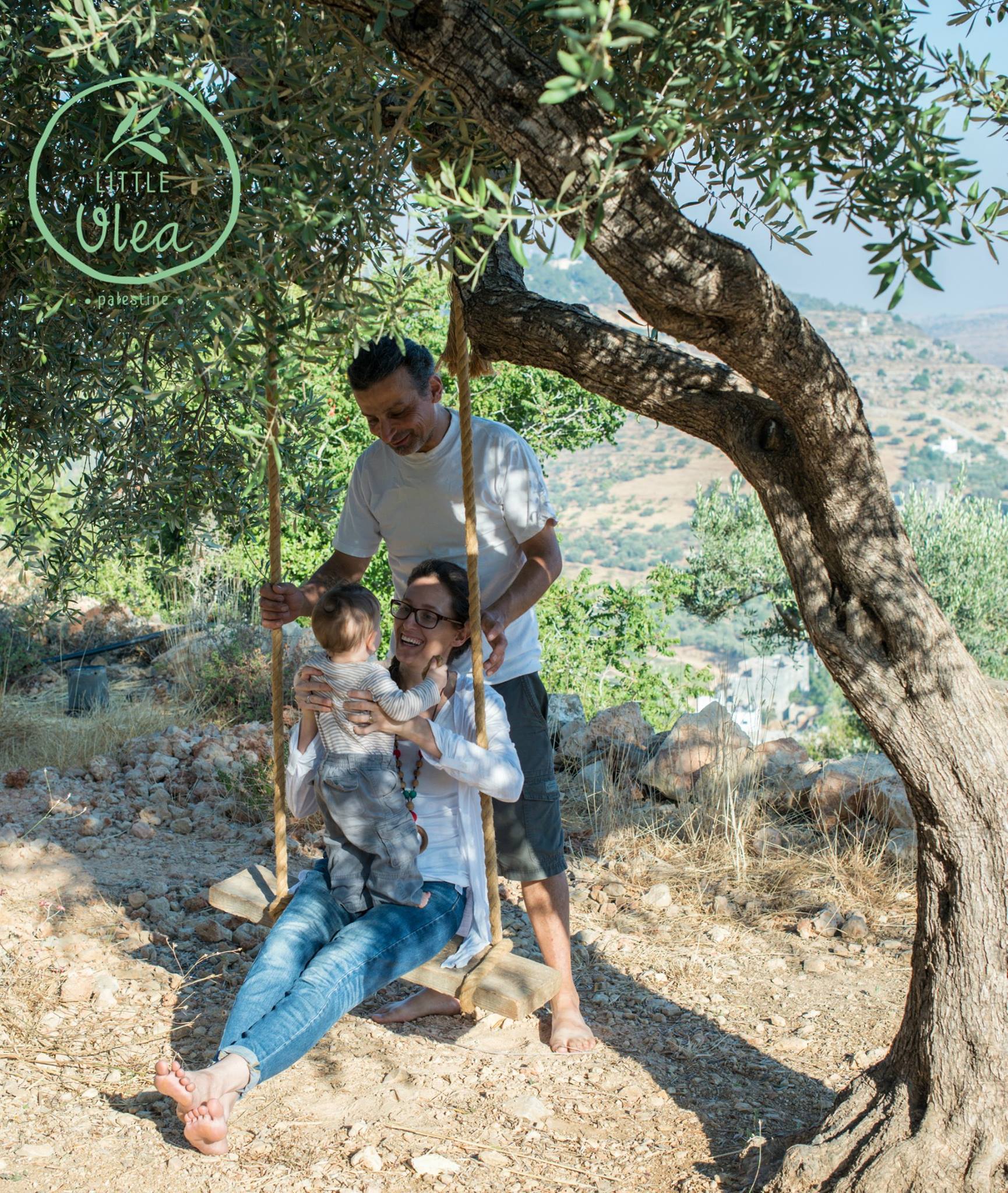
Ethical Consumerism: In relation with Fairtrade Handicrafts in Palestine

Where did it all come from?
I was raised by Salvation Army pastors. I think an ethical code was instilled in our lives from the very first, but it was consistently practiced as well. I wasn’t aware of concepts like fair trade or ethical consumerism as a kid but surely I practiced ethical consumerism I understood the way meat cows were raised and decided not to eat beef any longer. Or when I opted for a cotton pillow rather than down feathers. I just didn’t have a name for the thinking behind the decision as a kid. As an adult, I always sought out fair trade labels on coffee and other products I bought. It didn’t make sense that we needed to label that someone was being paid fair wages and working in safe conditions. That should be the normal state of things, but since it’s not, we as buyers have to choose not to support labels that engage in slave labor, sweatshops, and so on. As an adult, this is a core value for me and I always practice it when shopping.
What is ethical consumerism?
Basically it’s the idea that our ethics, our moral code, governs our choices in consumption--both in terms of what we buy and don’t buy, as well as more generally what we consume. In our home, we have almost no prepackaged foods. We grow our own vegetables or buy what we don’t grow from friends or local organic farmers. We compost all of our food scraps. We consume raw goat’s milk, cheese, yogurt and butter from our friends’ farm. My family’s belief that we should grow what we eat, know what’s in our food, create the least amount of waste possible, and so on. Our ethics guide our lifestyle, not only our shopping.

In the essence of Handmade Palestine
Ethical consumerism also guides the way I run my business. Handmade Palestine carries the original work of cooperatives and artisans. The only “factories” we buy from are the original and only keffiyeh factory in Hebron that is family owned and run, and from the Gloria Factory which houses olive wood artisans’ works in Bethlehem.
I think that working with artisans in Palestine is one of the most important projects I’ve ever undertaken. Many artisans struggle to get their products into any market at all, much less online and available internationally. Our job is to give them a platform to tell their stories and sell their handicrafts.
Recently someone posted a disturbing comment on a FB event for a Handmade Palestine Market we hosted. It’s a comment I want to really think about here in this blog post on what ethical consumerism means. This is what was written about our market, which was all about ethical consumerism and meeting the makers directly:
This is ridiculous. co-opting aspects of our traditional culture for profit. Palestinian hand made pieces are in their essence unfit for commerce. Productization of Palestinian indigenous art and culture will eventually lead to their extinction.
This is bad.
This is not a good idea.
You need to stop.
It’s not the first time that we get an aggressive email or comment. And it’s not going to be the last either.
This was my response on FB:
Are you suggesting that a woman who is a full time caretaker in her home and likely a significant generator of financial support in her family, which is the case for many women engaged in making and selling traditional handicrafts, should not sell her work? Often cross stitch is her only craft; should she instead work outside her home for unregulated wages (which is so often the case here), cleaning somewhere? These are important questions to think about when moralizing the commercialization of handicrafts. I would also ask you to negotiate the idea of traditional culture? The olive wood industry, leather industry, ceramics, weaving, etc are all part of our traditional culture and some were crafts engaged in for home use only, later to be sold outside. These are again, many times, engaged in by women (example of weaving). And some of these were always commercial like leather and olive wood, but they are also traditional. So what is this category you are writing about? Maybe it needs some fleshing out. Furthermore, the word co-opting is very concerning here. The women in Gaza who are making the tatreez pieces sold by Atfaluna Society for the Deaf are not co-opting anything, and they are the ones selling these pieces originally. How would you suggest they fund the Deaf Children's School? To have a foreign company come in and train them on a new, non-traditional skill to generate income and fund a deaf school in Gaza? I would say it's vital to think about the way handicrafts are commercially sold and the ethics of that rather than pass a moral judgment against those making and selling them. I think that's when we start to really need to think about fair trade and what it means and why it's so important in ensuring no exploitation.
Ethical consumerism means we think about the ethics of what we buy, consume, waste, and so on. But it also means that we discuss larger issue like some of those I brought up in my response above. How can commercializing traditional skills and engaging in cottage industry empower women in an occupied country with 42.8% of women unemployment and 43% of youth unemployment? How can reviving traditional knowledge and training women in handicrafts and stitches being lost empower an entire culture that is occupied and constantly being appropriated? How does cottage industry enable women to provide for their families in ways that are culturally acceptable and personally sustainable? These are all questions we think about as we promote products that are largely made by women, often from home, and always to generate livelihoods.
Handcrafted Labor of Love
Generally gifts are meant to be meaningful, by nature. Ethical consumerism allows us to grant greater meaning to gift giving when we bring the makers and their stories into the act of giving. Stories are so important because they bring the makers back into the piece that was made. Someone told me that the quality of Palestinian products isn’t very good so we really have to rely on the stories to help us sell things. I totally disagree. The quality of the handicrafts we sell is excellent. They are handcrafted, and sometimes that shows but that is part of the charm, never a flaw. When we shop local, especially for people in Palestine taking gifts, we support makers. And when we give gifts from Palestine, we share the craftsmanship from our communities and bring awareness to our culture, traditions, and stories. Even if it means paying more for a handcrafted necklace or toy, the value in that piece is also great.

We recently started selling handmade wool camels. To be totally honest, I didn’t love them at first. But my 2 year old did, and I was asked by the director of Sunbula Fair Trade Handicrafts if I would consider selling them on Handmade Palestine so the Bedoin women who make them would have a second venue for selling. I took one sample to assess and show friends. People loved it. At the Handmade Palestine Market we hosted in Ramallah recently, the Bedoin women came to sell their handmade wool camels, sheep and donkeys. I told them women that I would buy whatever they didn’t sell, so they could be guaranteed that if they traveled all the way to the market, they would sell everything.
I mentioned to the Bedoins that they should make little cards to put in front of their products so buyers knew the prices and the process. Many shoppers didn’t speak Arabic and the Bedoins didn’t speak English, so cards could have really helped them.
Um Raed said to me, “I have cards. I have everything, but I forgot them. It’s good I remembered the camels!”. I thought that was an odd comment. She was a seller in our market and she had a hard time remembering her handicrafts…? Then it hit me, hard. She’s from Khan al Ahmer. Of Course. They are fighting for their homes, their children’s school, their very right to live on the lands they have built their lives. Um Raed went on. “It’s so hard to think and to be here when our children are facing the army. Everyone is fighting to live.”
My heart broke. I’ve seen the videos on Facebook. Elderly and children stand alongside their parents trying to protect their school for an unlawful demolition. This is Palestine, where ordinary people have extraordinary stories of struggle and resistance, of creativity and steadfastness. If handicrafts can help in sharing these stories and bringing awareness to struggles here, then we are proud to share and write and share and write.
Be part of the conversation .. tell us what you think using the hashtag #ethical_consumerism share with us how do you participate in promoting for this ethical value.. or leave a comment in the comment section below.







1 comment
I am proud to be an ethical consumer. How expressly have I practiced such? Well, to begin with, I’ve diametrically ceased purchasing Pillsbury products, as they manufacture frozen goods in an extrajudicial Israeli settlement in the occupied Palestinian territory. While I thoroughly enjoyed their products, my love for their commodities does not exceed my disdain of human rights abuses Palestinians endure, ad nauseam. Moreover, if every consumer indulged in empathy, in lieu of solipsism, the world would be copiously more propitious.
Rodney Harris
Leave a comment
This site is protected by hCaptcha and the hCaptcha Privacy Policy and Terms of Service apply.